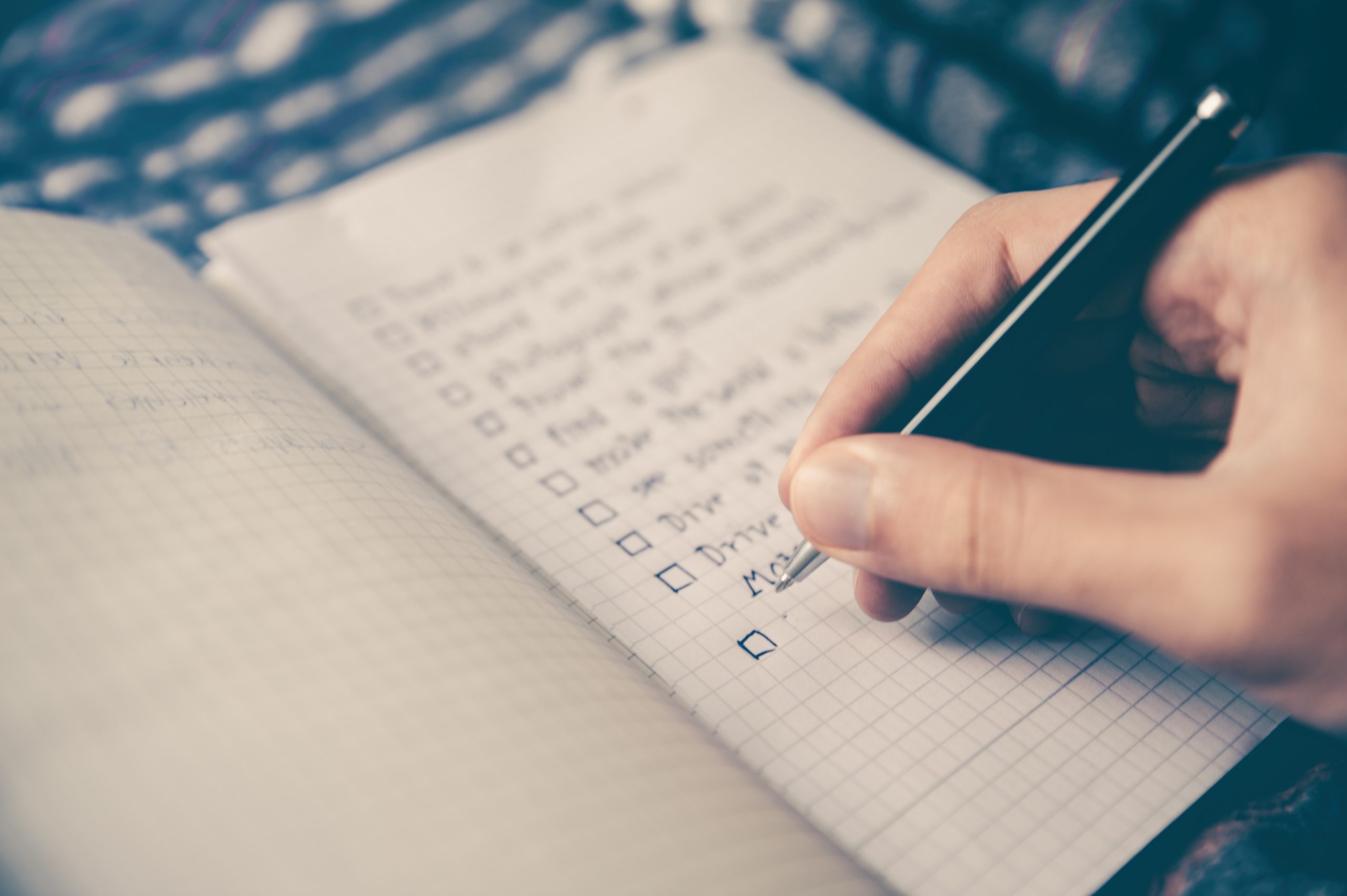How to Get Things Done in College: An Introduction
Is it possible to get it all done and, even more importantly, do it with a sense of relaxed control? According to Matt Perman, Director of Career Development, it is possible. In the first of six posts, we'll discuss the root problem behind overwhelm and stress in the college experience.

Is it possible to get it all done and, even more importantly, do it with a sense of relaxed control? According to Matt Perman, Director of Career Development, it is possible. In the first of six posts, we’ll discuss the root problem behind overwhelm and stress in the college experience.
I love the way David Allen starts his excellent book Getting Things Done: The Art of Stress-Free Productivity:
“It is possible for a person to have an overwhelming number of things to do and still function productively with a clear head and a positive sense of relaxed control.”
Most people I know, including myself, struggle with the challenge of having way too much to do and what seems like too little time to do it in. This creates a sense of stress–you feel pulled in multiple directions and like there is not enough of you to go around.
For King’s students, this is often especially true. New York City is an incredible place to live and study, but also very demanding. The academic standards at King’s are high and require much focus and diligence. And most students are balancing work and often internships along with their classes, student organizations, and social life. I know some students with a total of four jobs!
Is it possible to get it all done and, even more importantly, do it with a sense of relaxed control? Is it possible to experience “stress-free productivity” or, at least, much less stress in getting things done? And is it possible to not only get more done but (much more importantly) know that we are getting the right things done and truly making the best use of our time (Ephesians 5:15-17)?
There will always be seasons that feel overly demanding and where we may be struggling more than we like with being productive. But, as a general rule, it is possible to operate with a clear mind and sense that the things you are doing are the things you should be doing. As David Allen also says:
There is a way to get a grip on it all, stay relaxed, and get meaningful things done with minimal effort, across the whole spectrum of your life and work. You can experience what the martial artists call a “mind like water” and top athletes refer to as the “zone,” within the complex world in which you’re engaged.
If this is possible, why is it so often such a challenge?
I have good news. It’s not your fault. The reason is that while everyone is capable of effectiveness, it does not come naturally. It has to be learned–like reading. Peter Drucker, the greatest management thinker of the 20th Century, noted that after 50 years of working with the top executives across all industries, he never came across a natural–someone who was instinctively effective, without having to learn it and work at it.
The problem is that, while effectiveness must be learned, it is not something we are generally taught. It seems to be expected that we will just naturally figure it out. Many people do, in fact, a fairly decent job of this on their own.
But all the demands of our current environment require that we step up our game and be much more intentional about developing the strategies and methods of work that are truly necessary to get the right things done, and to do it without having to sacrifice our peace of mind and the joy that God intends us to experience in carrying out our responsibilities.
So how do we achieve this greater level of effectiveness and less stressful approach to getting things done? That’s what we are going to look at in this series. We can’t say it all, but we are going to look at five key things to help us get there:
- Understand the Problem (this post)
- Know Why You are Here
- Define Your Roles
- Move Beyond (Just) Calendars to Next Action Lists
- Harness the Power of Deep Work
Matt Perman is the Director of Career Development at The King’s College. Before joining King’s in July 2018, he wrote two books on productivity, What’s Best Next: How the Gospel Transforms the Way You Get Things Done and How to Get Unstuck: Breaking Free from the Barriers to Your Productivity.




